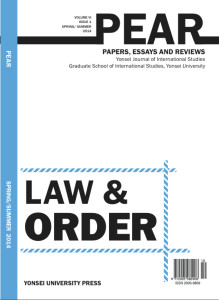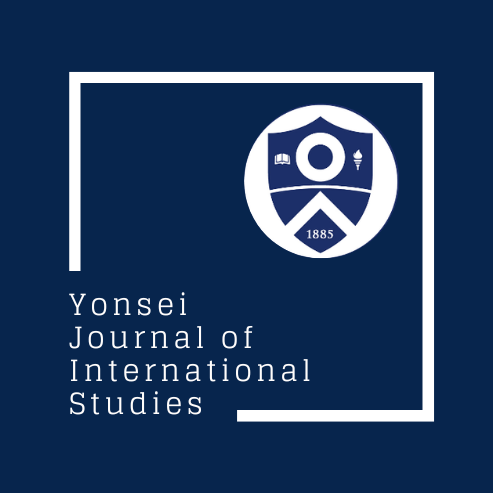Title: The Practice of Duality: Why the Trans Pacific Partnership and the Regional Comprehensive Economic Partnership are Competing Paradigms in Asia
Author: Dylan Stent
Affiliation: Graduate School of International Studies at Yonsei University
Issue: Law & Order – Volume 6 Issue 1
Publisher: Yonsei University Press
Download as PDF
A cursory look at Asia Pacific regionalism will leave any observer bemused. Why have competing paradigms continually developed in the region? How can such diverse states cooperate? The following paper will answer the following: why do the Trans Pacific Partnership (TPP) and the Regional Comprehensive Economic Partnership (RCEP) exist as competing paradigms in the Asia Pacific. It will propose that classical theories of International Relations cannot adequately answer how or why competing paradigms exist in the Asia Pacific. Instead they can only explain partial truths about their existence. Political theory has largely led to a stagnation of enlightening scholarship. Too often diametric debates are held with limited enlightening ideas being created. All too often debates on the TPP and the RCEP are framed in realist and liberal terms. Constructivism is also inadequate in explaining this phenomenon. Self-conscious norm creation preferred by such a theory seems rather superfluous in reality. Identity is no doubt important but the way constructivism proposes a creation of norms through deliberate process appears unfounded and superficial. Instead we must turn to sociology for an answer. I propose that if we go along the practice turn path we can further understand why regionalism is bifurcated in the Asia Pacific. Through a Bourdieuian exploration of the TPP and the RCEP it appears that divergent habitus is causing complementary regional building initiatives in the region.
To read more click Page 2 below
